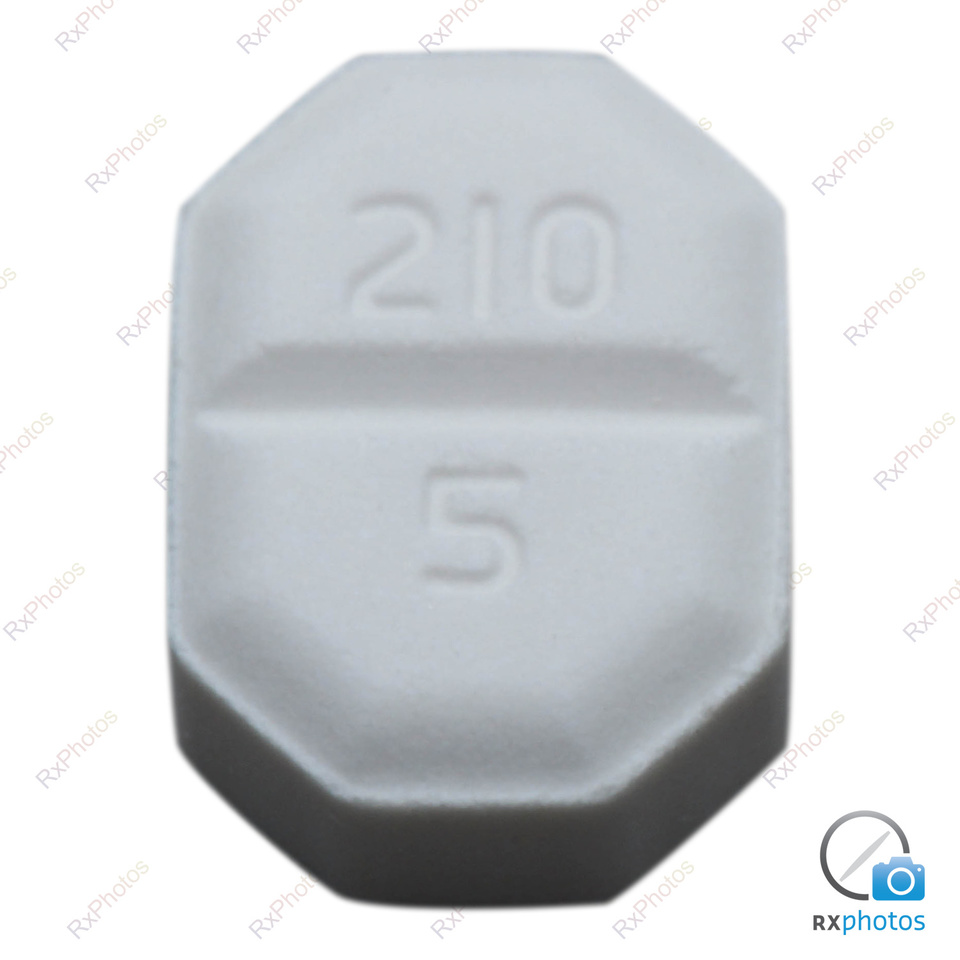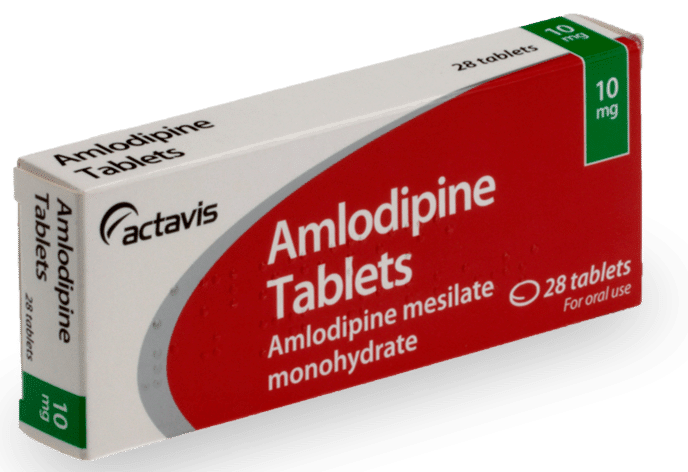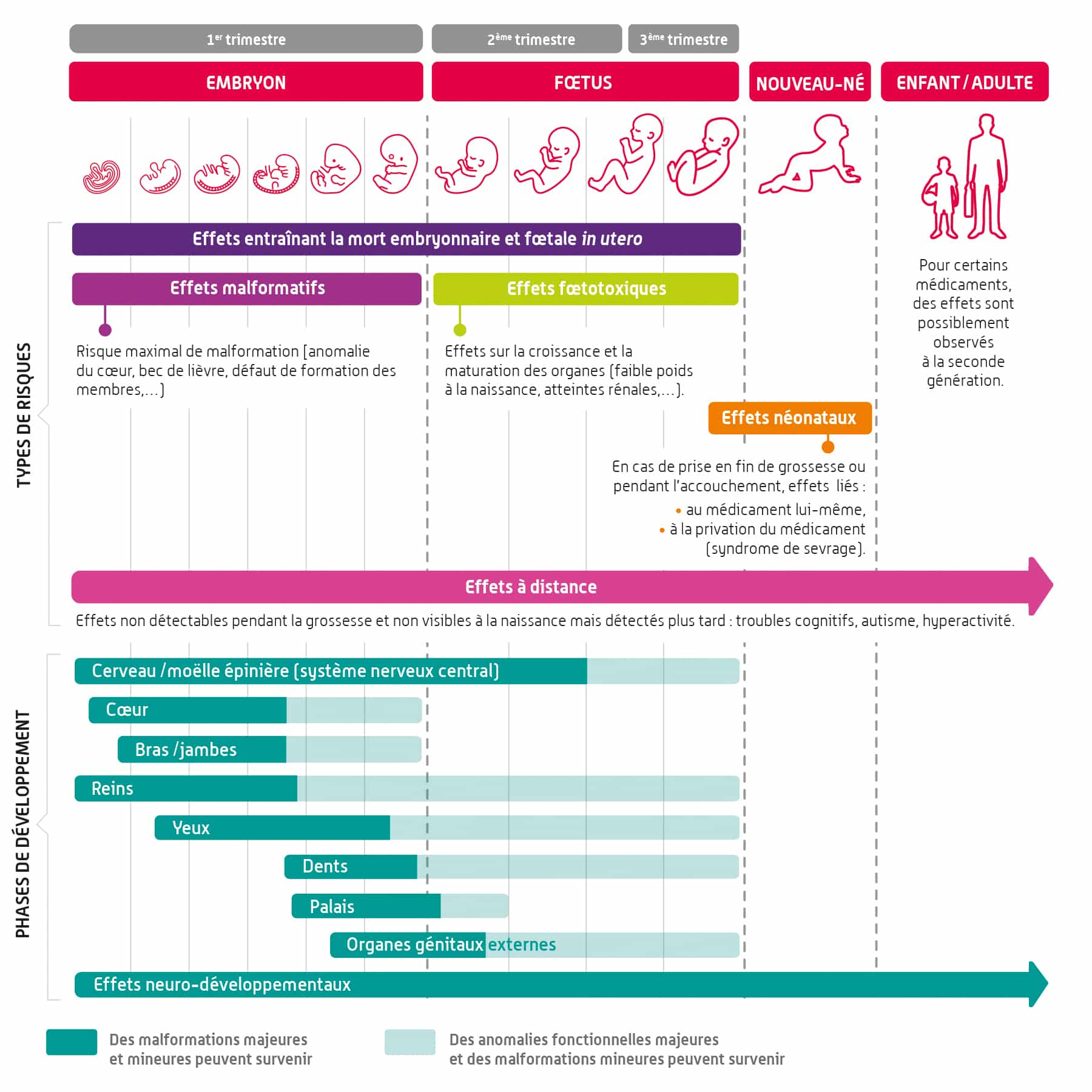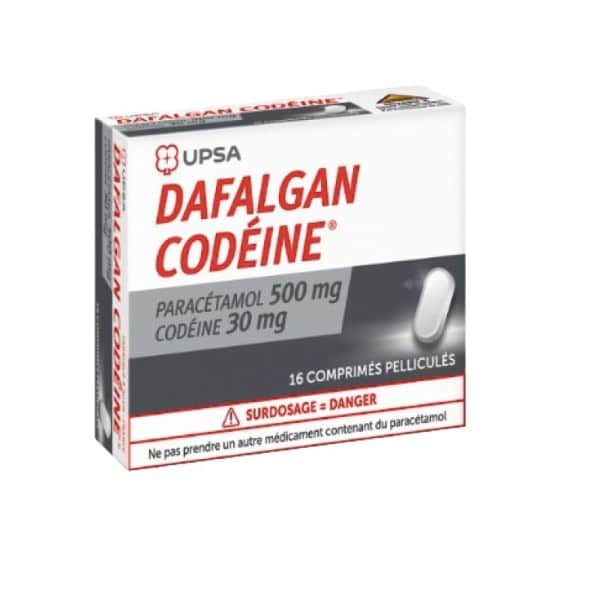The use of medications for the treatment of high blood pressure is constantly increasing, reflecting the growing importance of cardiovascular health. Amlodipine, an antihypertensive drug belonging to the calcium channel blocker class, is widely prescribed to treat increased blood pressure and certain chest pains, such as angina. Although amlodipine is effective in managing these conditions, its prescription is accompanied by a need for vigilance regarding its side effects and his contraindications.
Patients may encounter various side effects, ranging from headaches and feelings of dizziness to more serious manifestations such as heart failure or liver abnormalities. Additionally, some people should not use this medication due to special circumstances, such assevere hypotension or a aortic valve stenosis.
A thorough understanding of these elements is essential to ensure safe and effective treatment. This text aims to explore the implications of prescribing amlodipine, while highlighting the risks associated with its use.

L’amlodipine is a medication commonly prescribed as part of the treatment ofhigh blood pressure and angina, also known as angina. As a calcium blocker, it works by relaxing and dilating blood vessels, helping to reduce blood pressure. Unfortunately, any medicine has a number ofside effects and of contraindications which it is essential to know, both for the prescribing doctor and for the patient. This article will focus on these aspects in order to improve clinical decision-making and treatment adherence.
Common side effects of Amlodipine
Like any treatment, amlodipine can cause side effects. Patients may experience different symptoms during their treatment, ranging from mild to more severe. The most commonly reported side effects include:
- Increased fatigue: Many patients experience unusual fatigue while taking this medication. This can sometimes interfere with daily activities.
- Headaches: Headache pain is often reported, especially during the first weeks of treatment.
- Dizziness: Feelings of dizziness may occur, especially when getting up quickly after sitting or lying down.
- Water retention: Ammodipine can cause edema, specifically in the ankles and feet, which can be unpleasant for patients.
- Abdominal pain and nausea: Some patients report gastrointestinal disturbances such as abdominal pain and nausea.
- Palpitations: It is common for some individuals to experience a racing or irregular heartbeat.
For detailed information and an exhaustive list of side effects, it is advisable to consult the medication leaflet here.
Interactions and contraindications of Amlodipine
When considering a prescription foramlodipine, it is crucial to evaluate potential interactions with other medications and clinical conditions that might contraindicate its use. Among the main contraindications, we find:
- Severe hypotension: The use of amlodipine should be avoided in patients with severe hypotension or shock, as it may worsen their condition.
- Aortic valve stenosis: In this case, taking amlodipine may cause a decrease in cardiac output, making symptoms worse.
- Heart failure: Prescribing amlodipine should be done with caution in patients with heart failure, as it may exacerbate fluid imbalances.
Additionally, amlodipine may interact with other medications, increasing the risk of side effects. For example, CYP3A4 inhibitors, used to treat various conditions, may alter the metabolism of amlodipine and lead to higher plasma levels. It is therefore imperative to discuss with the doctor all medications currently being taken, including prescriptions, herbal therapies, and over-the-counter medications.
For in-depth information on drug interactions, it would be beneficial to consult additional resources, such as those found on specialized sites and medical databases.
Reporting of side effects and patient monitoring
It is essential for doctors to closely monitor patients on amlodipine treatment, especially during the first few weeks. Regular monitoring not only makes it possible to note possible side effects, but also to adjust the dosage if necessary. Patients should also be encouraged to report any bothersome symptoms they experience. Open communication between doctor and patient increases the chances of successful treatment.
Finally, before starting treatment with amlodipine, a complete assessment of the medical history and concomitant medications is fundamental. Amlodipine can be an effective treatment for hypertension and angina, provided it is used appropriately. For more tips on how to take amlodipine correctly, you can consult these recommendations.

FAQs on medical prescription of amlodipine
What are the main side effects of amlodipine? Common side effects include headache, sensations of vertigo, from the fatigue, as well as gastrointestinal disorders such as nausea and abdominal pain.
Can amlodipine cause allergic reactions? Yes, some people may experience itching, of the skin redness or breathing difficulties, which are signs of allergic reactions.
What are the contraindications to the use of amlodipine? Amlodipine is contraindicated in cases ofsevere hypotension, ofstate of shock, of aortic valve stenosis orheart failure.
What is the usual dosage of amlodipine? The dosage is generally 5 mg has 10 mg per day, depending on the condition being treated and individual response to the medication.
What are the risks of suddenly stopping amlodipine? A sudden stop can cause sudden increase in blood pressure and worsening angina.
Can amlodipine cause heart problems? In rare cases, this medicine may make angina worse or potentially precipitate a heart attack at the start of treatment.
How does amlodipine interact with other medications? Amlodipine may interact with certain medications, increasing the risk ofside effects or complications. It is recommended to consult a healthcare professional before combining several treatments.
Can you take amlodipine during pregnancy? The use of amlodipine during pregnancy should be evaluated by a physician, as it may cause serious risks to the fetus.
What symptoms should alert you when taking amlodipine? Symptoms such as yellowing of the skin, anomalies of the liver function, as well as palpitations and edema should be reported immediately to a healthcare professional.












